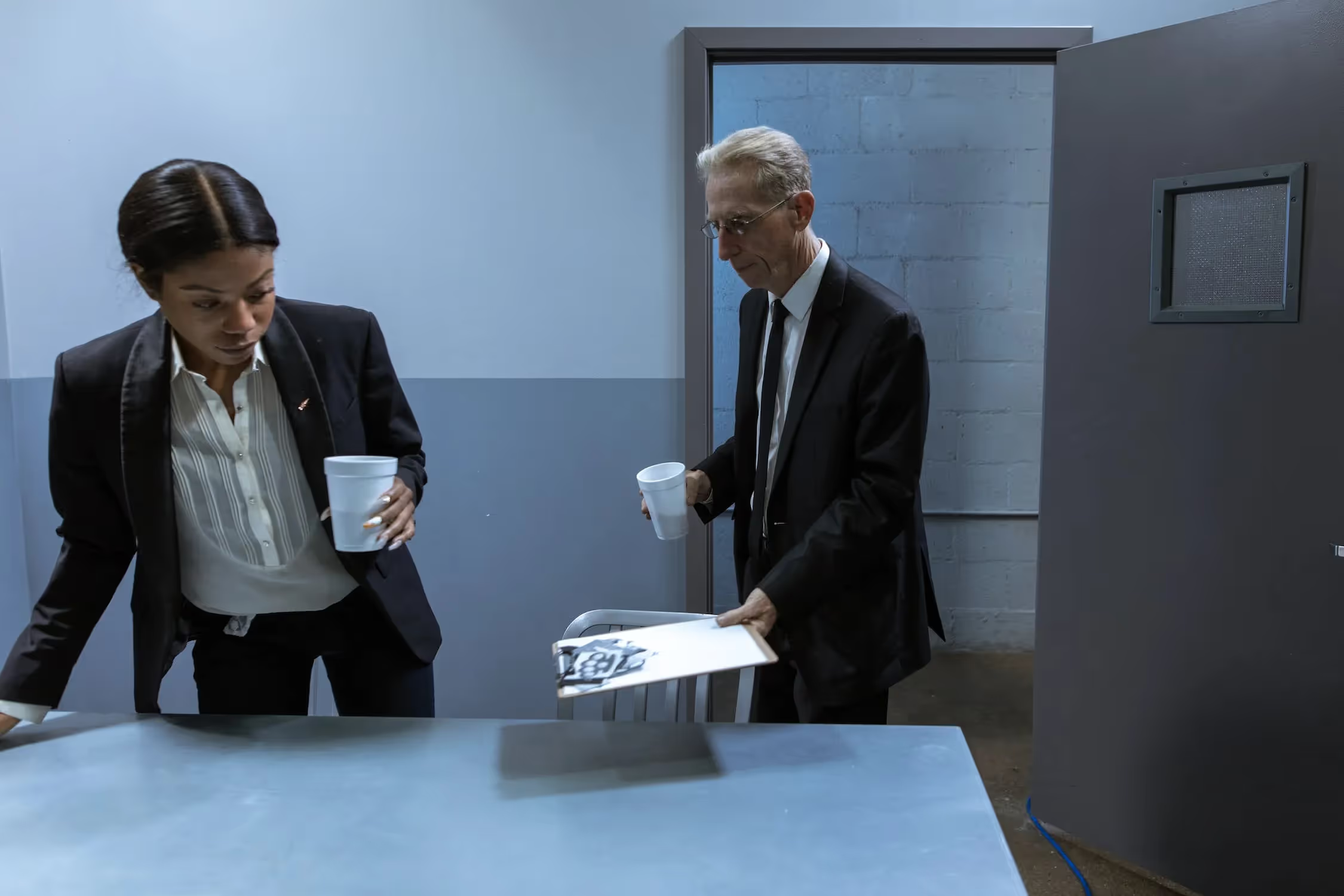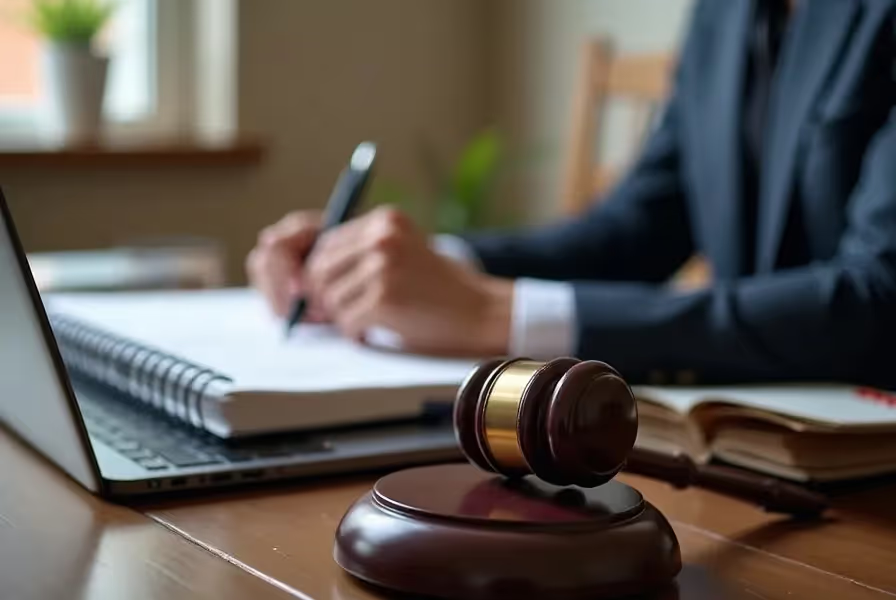Introduction
Welcome, adventurous thinkers and future influencers! Today we're diving into an important topic that affects us all, whether directly or indirectly. A crucial foundation in the maintenance of our society, Ethics in Criminal Justice, often represented by the symbol of the 'Thin Blue Line'. Let's unravel the mysteries behind this concept and explore its significance in our lives. This blog targets those currently studying or interested in pursuing a career in criminal justice. So sit tight and let's venture into this exciting topic!
A Closer Look at the Thin Blue Line
You might have heard of the expression 'The Thin Blue Line' before, but what is it exactly? It refers to the police force's role in maintaining order, separating the peaceful society from the potential chaos of criminal activity. This line is 'thin' not only because it represents the relatively small number of police officers compared to the whole populace, but also symbolizes the delicate balance they must keep between enforcing the law and upholding human rights. They must navigate this complex terrain with dedication and, crucially, strong ethical considerations.
The Importance of Ethics in Criminal Justice
So why are ethics so important in the criminal justice field? Think of them as a compass for decision making; they help professionals discern right from wrong in situations where it might not be straightforward. Without a strong ethical framework, individuals working within the criminal justice system may unintentionally cause more harm than good, which is the opposite of what they aim to achieve. Furthermore, criminal justice professionals are often exposed to high-stress situations and difficult decisions, which calls for an unshakeable sense of ethics to guide their actions and decisions.
How Ethics is Practiced in Criminal Justice
Ethics in criminal justice is much more than understanding moral theories or memorizing code of conducts - it is applying these principles in real-world situations. From respecting the rights of suspects to being impartial in the face of personal bias, these professionals have a responsibility to uphold human dignity and justice. A police officer, for example, must balance the duty to protect innocent civilians with the rights of offenders. These difficult predicaments require a strong ethical grounding.
Studying Ethics: A Must for Every Criminal Justice Student
If you're considering a career in criminal justice, understanding and practicing ethics will be an essential part of your curriculum. But don't be daunted, it's not all about heavy philosophical debates! Classes on ethics will give you the practical tools to handle intricate situations and make sound decisions, which is a vital skill in any field. In fact, many universities offer fascinating courses on criminal justice ethics that delve into both traditional and innovative ethical systems and their practical applications.
Conclusion
As we conclude our journey, remember this - the 'Thin Blue Line' isn't just a simple line separating criminals from the rest of society. Rather, it is a symbolic representation of the ethical responsibilities that criminal justice professionals shoulder every day. A strong understanding of ethics is a must for anyone venturing into this line of work. It equips individuals with the necessary knowledge and tools to maintain order and justice in an ethical manner, making society safer and more just for everyone. The task is monumental, the stakes high, but the results, undeniably rewarding!
















.svg)



